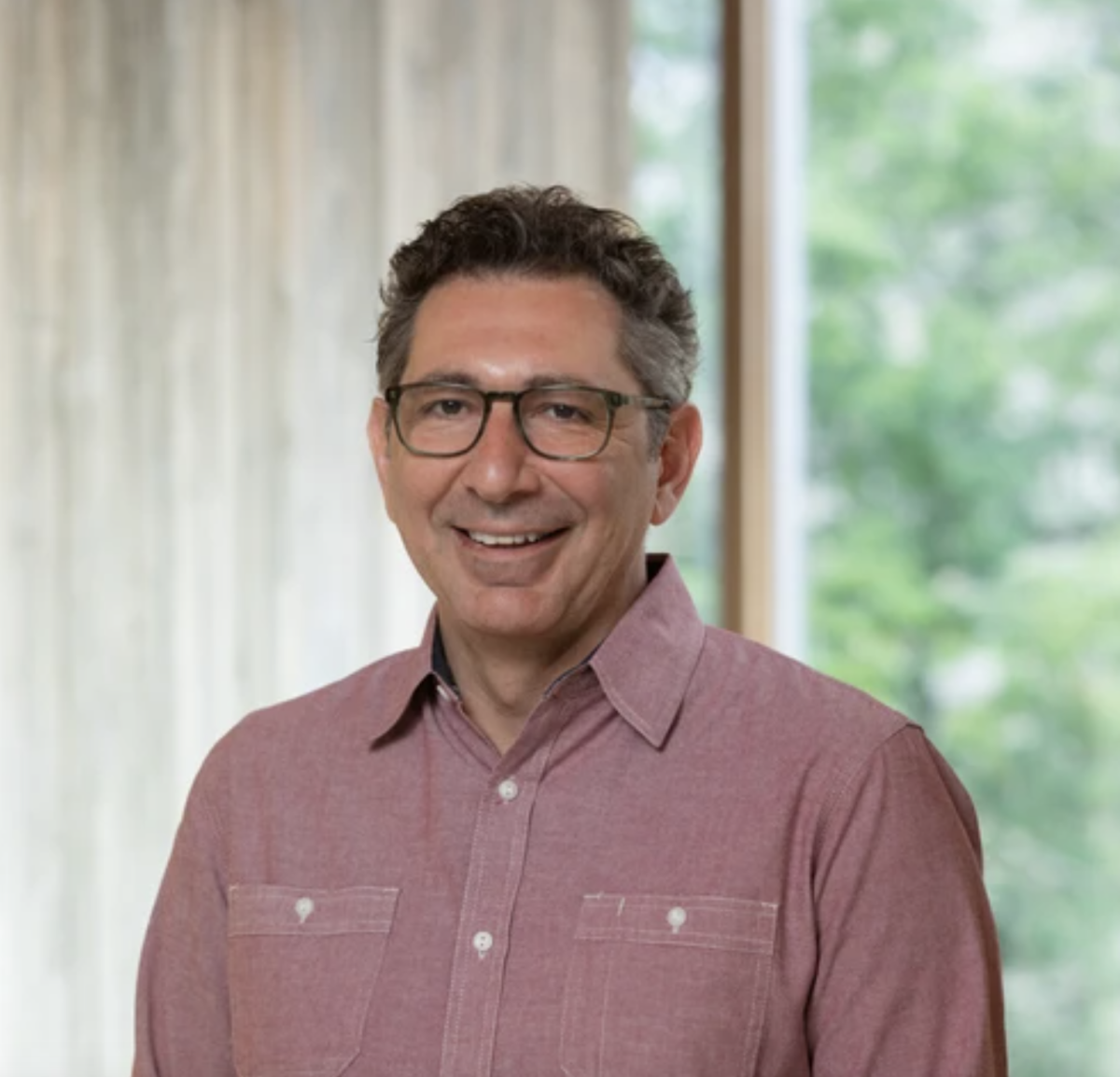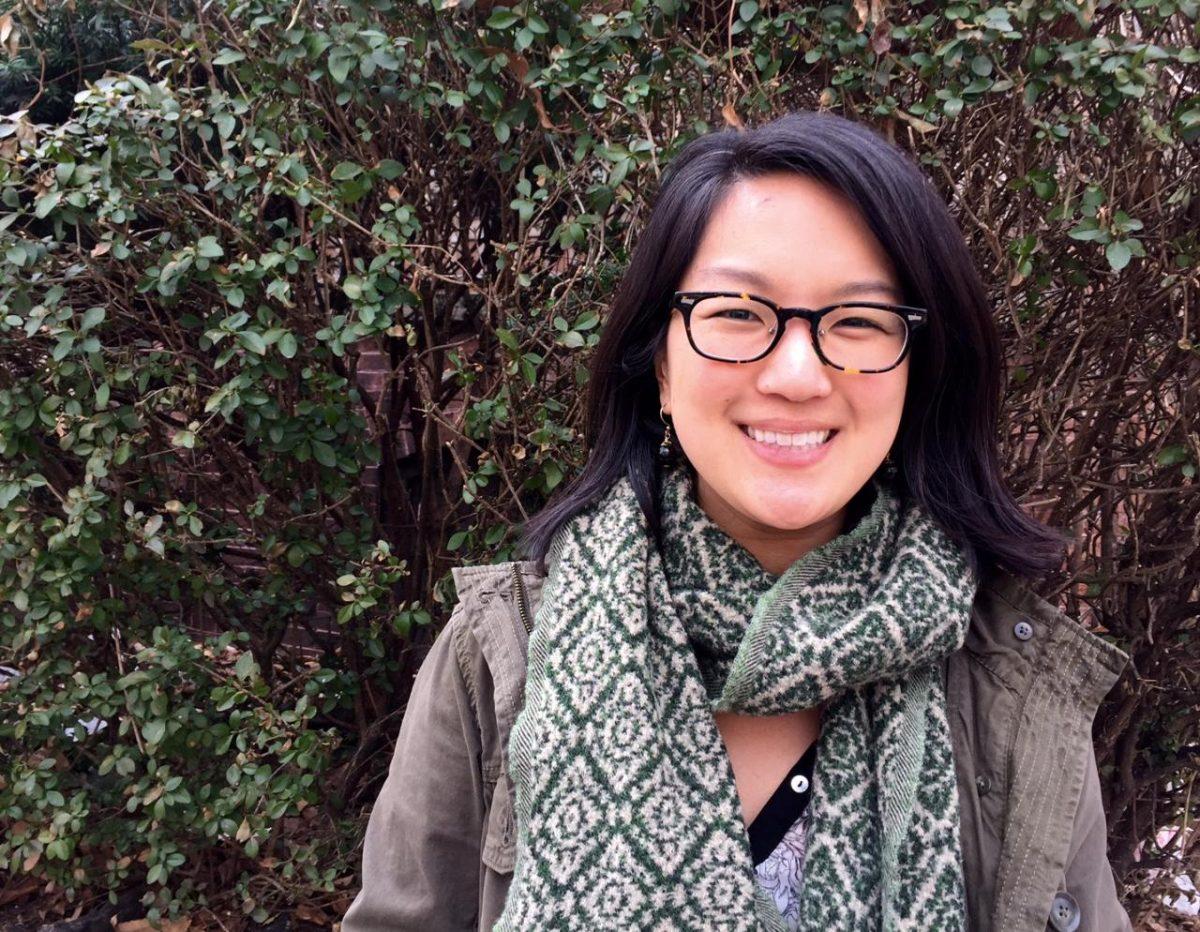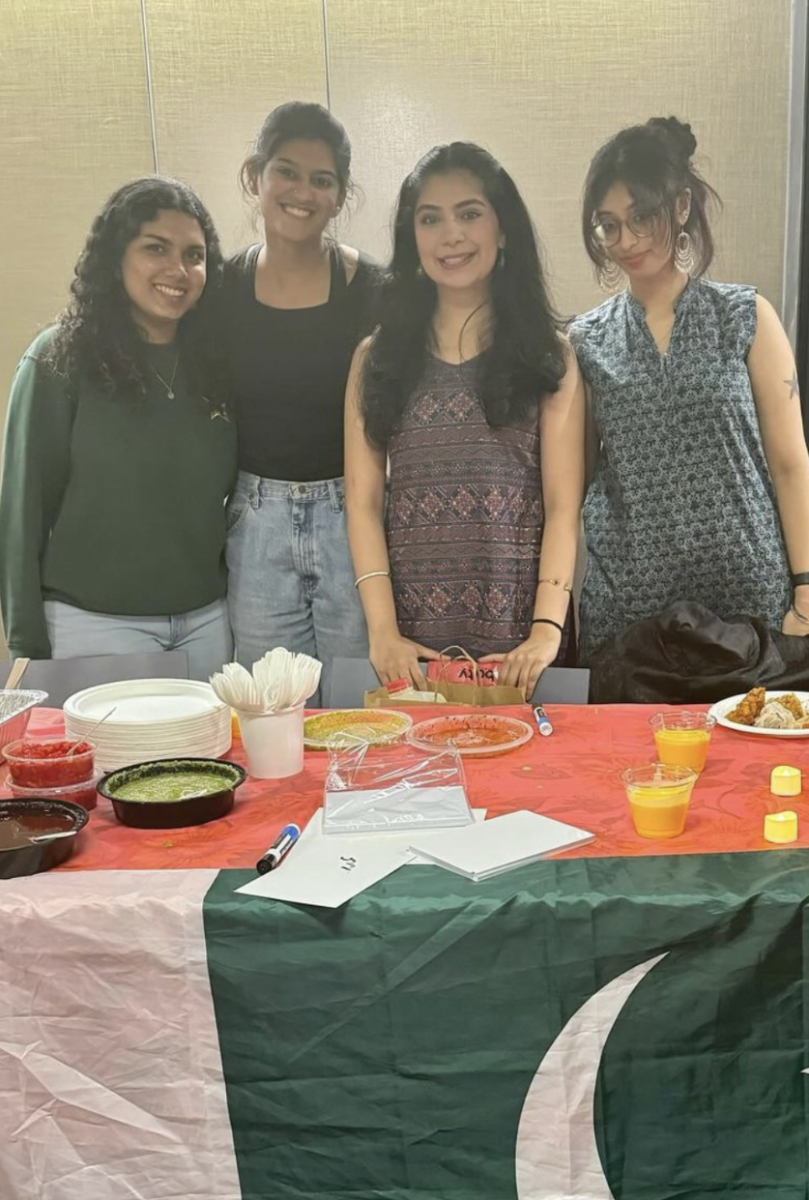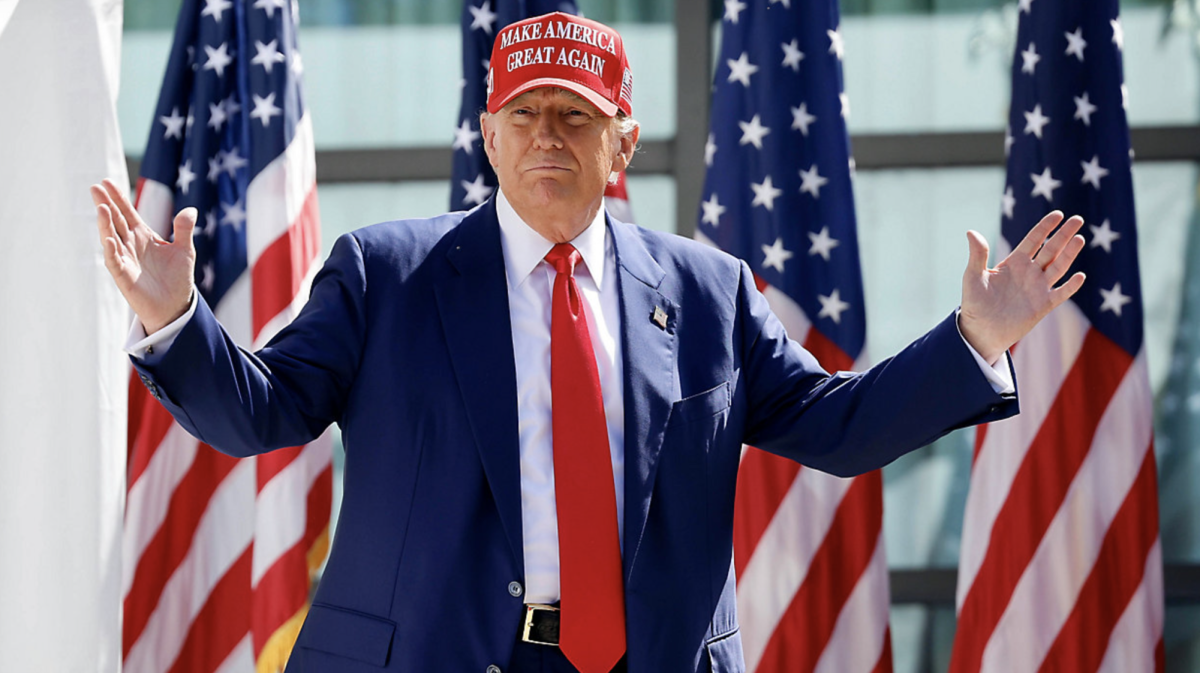Wellesley College’s Department of political science has hired a new Associate Professor, Faisal Ahmed. This semester, Professor Ahmed will be teaching two classes in the department: International Political Economy and a seminar, Politics of Finance and Financial Crises. Despite having only been at the College for a short time, he has already experienced the passion Wellesley students have for their academic interests. “I’ve been surprised by the fact that students are coming to office hours starting in week two, so that’s really good that students care about the subject,” she said. “And getting to know me, learning more about my research and more about my teaching.”
Professor Ahmed began his career as an economist. After completing a Bachelor of Arts in mathematics and a Bachelor of Arts/Master of Arts in economics at Northwestern University, he worked at the White House Council of Economic Advisors and the Federal Reserve Bank of Chicago. His transition to academia began during his Ph.D. at the University of Chicago where he had to teach as a part of his degree. After experiencing the teaching side of academia, Professor Ahmed explained, “I really enjoyed that aspect of it. I like the research side of being a professor, but the most rewarding part about it, I think, is the teaching aspect, being able to interact with students, convey knowledge to them.” Before coming to Wellesley, Professor Ahmed taught at Princeton University for nine years. The move to Wellesley is an especially welcome change for him because it is a transition to a more teaching-focused and student-centered environment.
Professor Ahmed’s main area of research is political economy with a focus on international economics and international political issues. Other topics that his research branches into include development, political violence, international economic law, and the political economy of migration. Recently, in 2023, he published “Conquests and Rents: A Political Economy of Dictatorship and Violence in Muslim Societies,” which is a book that examines reasons for why much of the Muslim and Islamic world tend to be underdeveloped. As he explains, “a central piece of that argument is thinking about historical processes in the way that Islam spread across these regions and so writing that book I have more knowledge on thinking about the role of history in political and economic development.” Looking towards the future, Professor Ahmed hopes to teach a course on something related.







